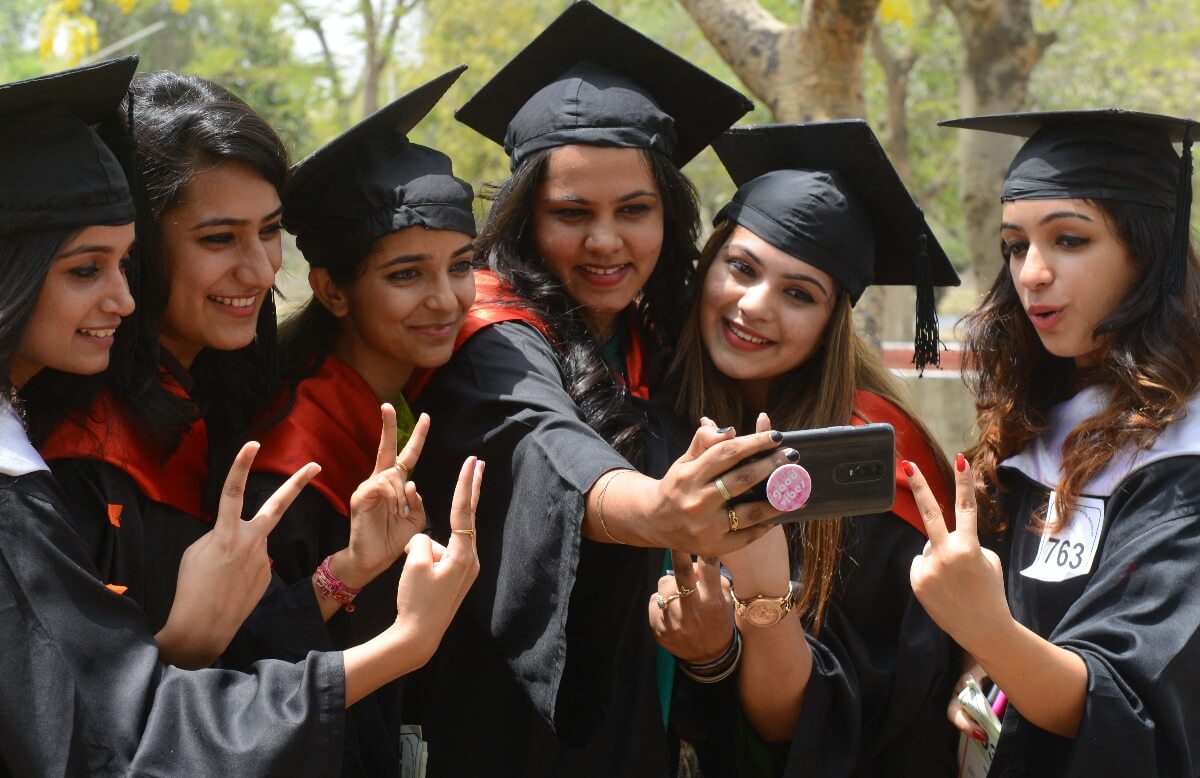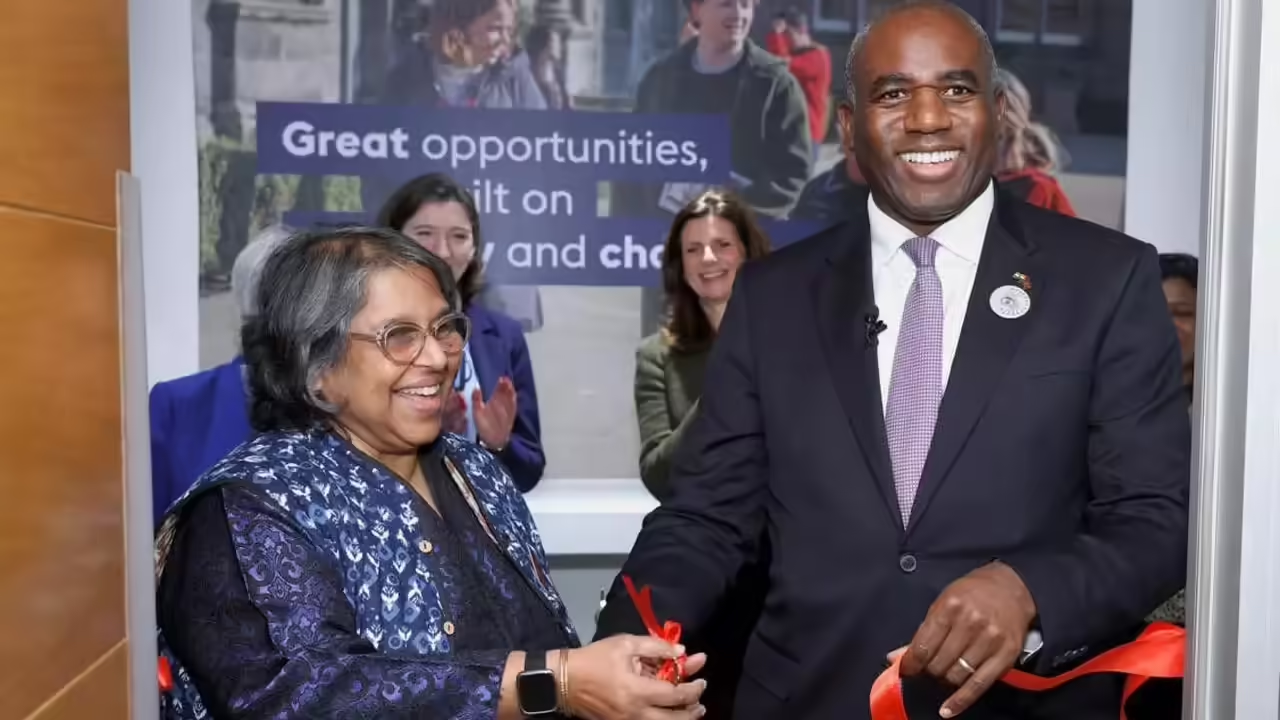According to a report produced by the Knesset Research and Information Center (RIC) and commissioned by MK Moshe Solomon of the Religious Zionist Party, around 80% of young olim (immigrants) from India and Ethiopia in elementary school age are opting for the Chemed framework. This preference continues into high school, where the trend remains strong
A significant majority of immigrants from India to Israel are choosing to enroll their children in religious education programs, particularly in the State-Religious Educational tracks known as Chemed.
According to a report produced by the Knesset Research and Information Center (RIC) and commissioned by MK Moshe Solomon of the Religious Zionist Party, around 80% of young olim (immigrants) from India and Ethiopia in elementary school age are opting for the Chemed framework. This preference continues into high school, where the trend remains strong.
MK Solomon initiated this study to investigate the impact of this immigrant preference on religious education. The report reveals that many newcomers have to enroll their children in schools located far from their residences due to local institutions being unable to adequately accommodate them. This challenge is particularly pronounced in outlying cities like Shaar HaNegev, Safed, Nahariya, and others.
Solomon emphasized that the religious state education system in Israel offers an ideal environment for immigrants from Ethiopia and India. The strong sense of community, inclusivity, and shared love for Israel helps these new students integrate seamlessly with their peers, promoting quicker and more effective adjustment. However, he also acknowledged that this preference places strain on certain institutions, particularly in remote cities. The report aims to address this challenge by proposing the allocation of more resources and teaching hours to the Chemed system, thereby better accommodating incoming immigrants.
MK Moshe Solomon’s personal background adds depth to his interest in this matter. Born in 1975 in Shira, Ethiopia, he embarked on a challenging journey to Sudan as a child, ultimately immigrating to Israel in 1984 after connecting with Mossad agents. His family settled in Israel, and he has become a staunch advocate for addressing the educational needs of immigrant communities.
-
The Bnei Menashe, also known as the Shinlung in India, are a Jewish community from the India-Burma border region
-
Believing themselves to be descendants of one of the Lost Tribes of Israel, they have embraced Judaism
-
While a portion of this community has immigrated to Israel, approximately 7,000 members still remain in India as of 2020, out of an estimated total population of 10,000
The Ethiopian immigrant population in Israel stood at approximately 165,000 individuals by the end of 2021. Among them, about 91,000 were born in Ethiopia, while the remaining 74,000 had parents born in Ethiopia, constituting around 1.75% of Israel’s total population.
Israel’s Indian immigrant population, on the other hand, is estimated to be around 85,000 individuals, according to the Indian embassy in Tel Aviv. These immigrants trace their origins back to waves of immigration in the 1950s and 1960s, primarily from Maharashtra (Bene Israelis), with smaller numbers from Kerala (Cochini Jews) and Kolkata (Baghdadi Jews). Additionally, there has been a more recent influx of Indian Jews from Mizoram and Manipur (Bnei Menashe) who are assimilating into Israeli society.
The Bnei Menashe, also known as the Shinlung in India, are a Jewish community from the India-Burma border region. Believing themselves to be descendants of one of the Lost Tribes of Israel, they have embraced Judaism. While a portion of this community has immigrated to Israel, approximately 7,000 members still remain in India as of 2020, out of an estimated total population of 10,000.
******************************************************
Readers
These are extraordinary times. All of us have to rely on high-impact, trustworthy journalism. And this is especially true of the Indian Diaspora. Members of the Indian community overseas cannot be fed with inaccurate news.
Pravasi Samwad is a venture that has no shareholders. It is the result of an impassioned initiative of a handful of Indian journalists spread around the world. We have taken the small step forward with the pledge to provide news with accuracy, free from political and commercial influence. Our aim is to keep you, our readers, informed about developments at ‘home’ and across the world that affect you.
Please help us to keep our journalism independent and free.
In these difficult times, to run a news website requires finances. While every contribution, big or small, will makes a difference, we request our readers to put us in touch with advertisers worldwide. It will be a great help.
For more information: pravasisamwad00@gmail.com








